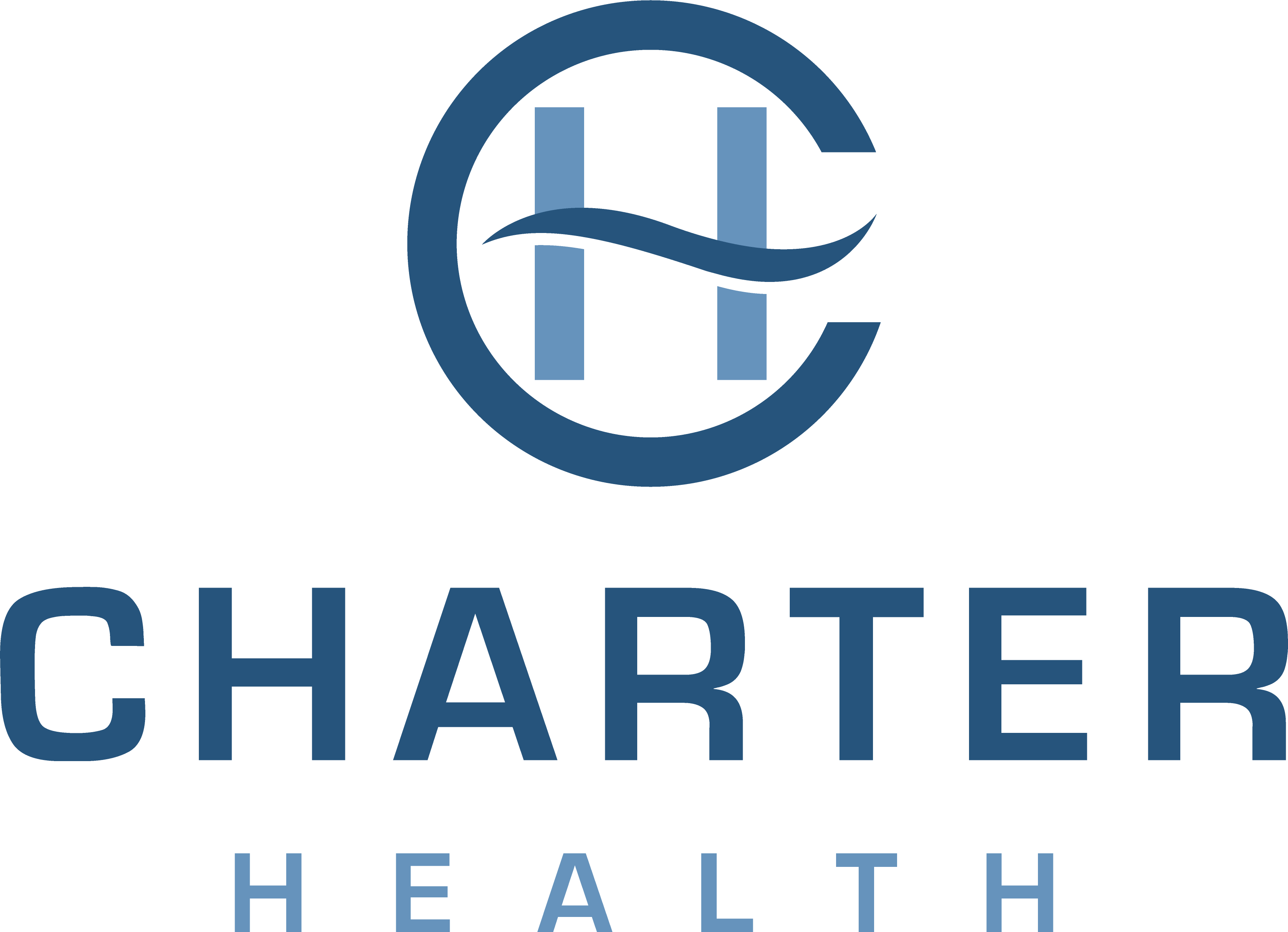Addiction Medicine
Charter Health’s Addiction Medicine practice has helped many people with substance abuse. The service focusses on opioid addiction and alcoholism. Helping our patients overcome addiction has proven extremely rewarding to the Charter team. We are fully credentialed to prescribe buprenorphine, buprenorphine/naloxone (Suboxone), oral naltrexone, and injectable naltrexone (Vivitrol).
Charter offers a multidisciplinary approach to help each patient get clean, stay clean, and live well. Our experience in behavioral health frequently proves important as the underlying cause of substance abuse was often stress, depression, anxiety, and pain. We will engage other specialists across the Mass General Brigham system as needed and with your input, including a recovery coach, social worker, psychologist, and psychiatrist.
At your first visit, we will take an in-depth medical, behavioral, and social history as we seek to understand you as a unique individual and identify the factors that led to your addiction. We will identify your support systems (i.e. family, significant other, friends) and we will start to define goals for recovery and your long-term aspirations in life. A treatment plan will be put in motion.
Addiction Treatment in Salem, MA
Breaking addiction to alcohol, opiates, or other substances can be overwhelming, especially if you’ve been taking large amounts for a long time. But with the right support, you can take back control of your life.
Charter Health’s Addiction Treatment program in Salem, MA, provides personalized outpatient treatment with access to physicians, recovery coaches, social workers, and behavioral health specialists. Visits are offered in both a comfortable primary care office and by telemedicine. We will work together to shape a treatment plan that is right for you. Many patients receive medication-assisted treatment (MAT), including buprenorphine, injectable buprenorphine, injectable naltrexone, and oral naltrexone.
Charter Health’s Addiction Treatment program offers patients the following:
- Non-judgmental care for opioid, alcohol, and benzodiazepine use disorders
- Licensed professionals including physicians, nurse practitioners, social workers, behavioral health therapists, medical assistants, and recovery coaches
- Medication-Assisted Therapy (MAT) including Suboxone (oral buprenorphine/naloxone), Sublocade (injectable buprenorphine), Vivitrol (injectable naltrexone), Revia (oral naltrexone)
- Access to Narcan (naloxone)
- Primary Care, Women’s Health, and Behavioral Health to those desiring it.
- Access to birth control
- Screening for HIV, Hepatitis B and C, and Sexually Transmitted Infections (STIs)
Medication-Assisted Treatment in Salem, MA
Medication-assisted treatment (MAT) is the use of medications in combination with coaching and behavioral health therapy to develop a comprehensive approach to the treatment of substance use disorders.
Medications for Opioid Use Disorder
Most patients with opioid use disorder (OUD) are started on medication to help control cravings. The most common medication we use for OUD is Suboxone. Suboxone is a sublingual film (under-the-tongue) that contains buprenorphine and naloxone. Buprenorphine is a partial opioid agonist that binds to opioid receptors in the brain to relieve or prevent withdrawal symptoms. Naloxone is an opioid antagonist that acts as a deterrent to using opioids.
Vivitrol is the preferred option for some patients with OUD. Vivitrol is the long-acting injectable form of naltrexone. It is administered monthly and is slowly released into your system. Naltrexone is not an opioid, but it does bind to opioid receptors in the brain to help suppress cravings for heroin, fentanyl, oxycodone, and other opioids. As it is not an opioid, there is no abuse potential with naltrexone. A patient must be off opioids for at least 7-14 days before starting naltrexone in order to avoid a painful withdrawal syndrome. For this reason, we often start with daily administered oral naltrexone for a few days prior to injecting Vivitrol.
Buprenorphine and naltrexone are used to treat opioid use disorders. They are safe to use for months, years, or even a lifetime.
Suboxone (buprenorphine/naloxone) is a film that dissolves under the tongue and is prescribed daily or twice daily to treat opioid dependence. The buprenorphine component binds opioid receptors in the brain to reduce physical and emotional cravings for opioids. The naloxone component Suboxone is an opioid antagonist that blocks opioids (heroin, oxycodone, fentanyl, etc.) from binding receptors in the brain.
Sublocade is a long-acting injectable form of buprenorphine that is given monthly.
Naltrexone is used to treat both opioid and alcohol use disorders. Naltrexone binds to opiate receptors in the brain, which leads to decreased cravings for opioids.
Medications for Alcohol Use Disorder
Naltrexone is the most common medication used to treat alcohol use disorder. Less common medications are acamprosate and disulfiram, although they are good choices for some patients.
Naltrexone is an opioid antagonist that binds opioid receptors in the brain, involved in the reinforcement of and cravings for alcohol. By binding those receptors, naltrexone reduces a person’s drive or interest in drinking alcohol.
Vivitrol is the long-acting form of naltrexone and is given by injection monthly in our primary care office. Oral naltrexone is a daily medication in tablet form, which some patients prefer.
For medical therapy of alcoholism, our first-line medical therapy is usually Vivitrol. Vivitrol is described above. How Vivitrol works to reduce cravings for alcohol is not clear, but it most likely relates to its binding of the brain’s opioid receptors. Importantly, the patient cannot be on chronic opioids and Vivitrol at the same time. Otherwise, the injection of naltrexone will potentially result in painful withdrawal syndrome.
Opioid Deaths in the United States
Opioid abuse and the associated risk of death is a public health emergency in the United States. Approximately 70% of all overdose deaths in the last 5 years have been from opioids. Deaths from synthetic opioids such as Fentanyl have dramatically increased since 2013 and now account for twice as many deaths compared to other opioids. Many deaths from fentanyl are from illicitly manufactured fentanyl from other countries that are sold on the street as heroin.
Contact Us Today for Addiction Treatment
Our team is committed to serving those in Salem, MA, and the surrounding communities, Lynn, Peabody, and Beverly.
To receive compassionate care for an addiction to alcohol, opiates, or other substances, contact us today!
See What Charter Health Can Do
At Charter Health, we offer a variety of services and treat multiple common conditions. Click below to view all services!

Connect With Us
Get in Touch
55 Highland Hall, Suite 304, Salem, MA 01970
978-354-4651
